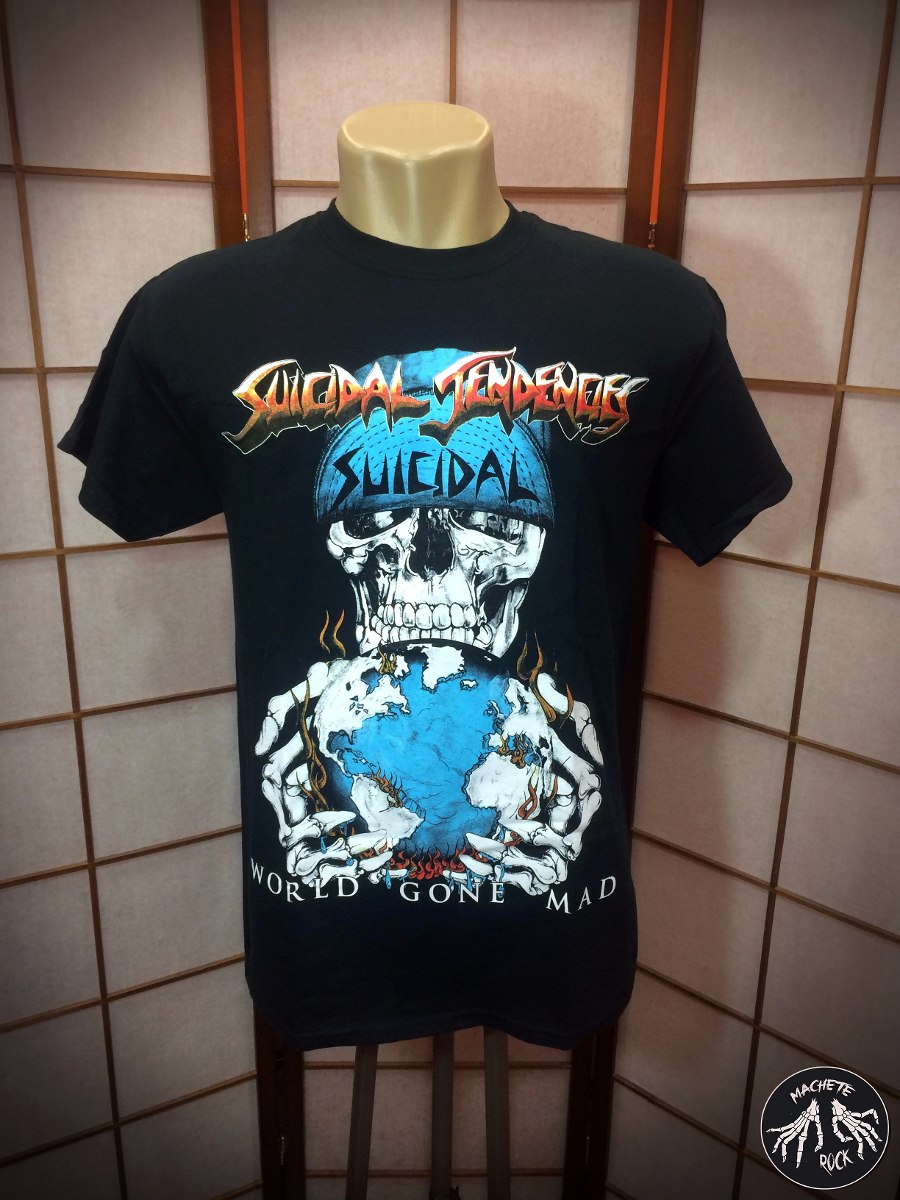
Quick word suicidal cards professional#
I will offer a brief overview of our subject from a biblical and theological perspective, with some practical suggestions at the conclusion of our conversation.īut if suicide is a real issue for you, I urge you to seek professional help immediately. However, if you are reading this paper because this subject is more personal than objective for you, I hope the following discussion is helpful.Īs I noted, I am writing as a theologian and a minister, not a counselor, psychologist, or psychiatrist. These are some of the facts regarding the tragedy of suicide.

a crisis in the past or upcoming two weeks.The CDC reports that more than half of the people who died by suicide did not have a known mental health condition. And white, middle-aged men account for 70 percent of all suicides each year. Suicide rates have grown exponentially for women since 1999. Suicide rates are much higher in the elderly American population than for any other age group. They rose in nearly every state.Īccording to the Suicide Prevention Resource Center, suicide is the second-leading cause of death for Americans ages ten to thirty-four. According to the Centers for Disease Control and Prevention, suicide rates increased 25 percent nationally from 1999 to 2016. More people die from suicide than from homicide in America. In light of National Suicide Prevention Week that is observed this year from September 6–12, let’s look at this issue through the lens of Scripture.Īnd let’s offer others the hope and help that we find in Christ. But I can offer biblical insights on the painful issue of suicide. The vast majority of the 2020 participants, 70 percent, met criteria for moderate to serious mental illness.Īn article in the New England Journal of Medicine noted that during public health emergencies, “emotional distress is ubiquitous in affected populations.” And counselors warn that the isolation created by stay-at-home restrictions can especially contribute to psychological harm.Īs a pastor and a theologian, I am not qualified to offer medical advice or professional counseling to those suffering from anxiety and depression. Roughly 30.9 percent of respondents said they had experienced symptoms of anxiety or depression.Ī recent mental distress survey found that participants were eight times as likely to screen positive for serious mental illness as participants in a similar survey two years ago. These were the facts even before the pandemic that is challenging millions of Americans who face mental health issues.Īccording to an Augreport by the Centers for Disease Control and Prevention, one in four young adults said they had considered suicide in the previous month because of the COVID-19 pandemic.

Compared to those without anxiety, patients with anxiety disorder were more likely to have suicidal ideations, attempted suicides, completed suicides, or suicidal activities. Anxiety is linked to heart disease, chronic respiratory disorders, and gastrointestinal disorders.Īnd numerous studies have related anxiety directly to suicide. Those suffering from anxiety are two to three times more likely to have an alcohol or other substance abuse disorder.

There is a direct link between anxiety and opioid use. Anxiety disorders are the most common and pervasive mental disorders in America. Nearly forty million people in the US (18 percent) experience an anxiety disorder in any given year. According to recent surveys, more Americans than ever before are stressed, depressed, and anxiety-ridden. “We don’t feel like we can ask for help,” he said.Īnxiety is escalating in our culture. They attempt to keep up appearances and handle their struggles on their own.

According to Seacoast Church, a multi-site megachurch in South Carolina where he was teaching pastor, he died of what appeared to be a “self-inflicted gunshot wound.”Ī longtime friend of Patrick noted that pastors often don’t know what to do when they struggle. Darrin Patrick, a megachurch pastor, speaker, and author, died earlier this year.


 0 kommentar(er)
0 kommentar(er)
